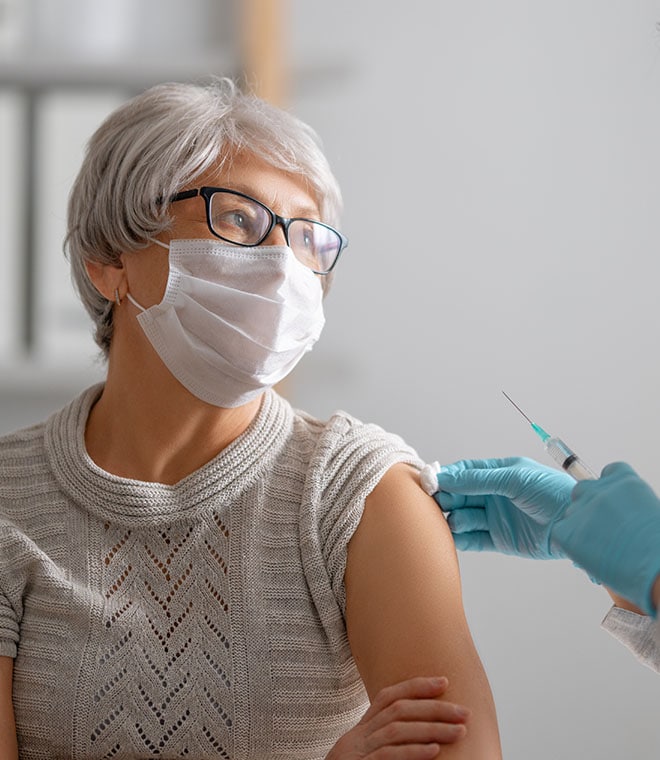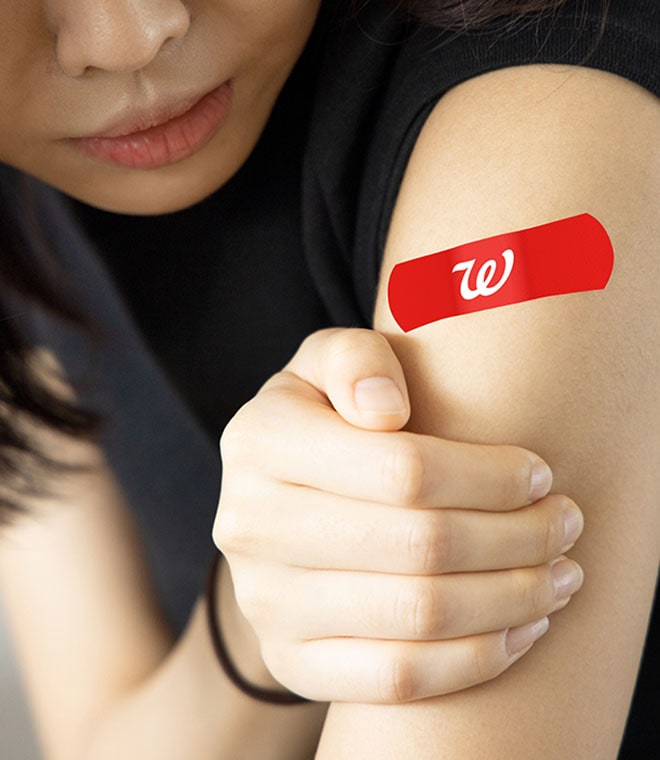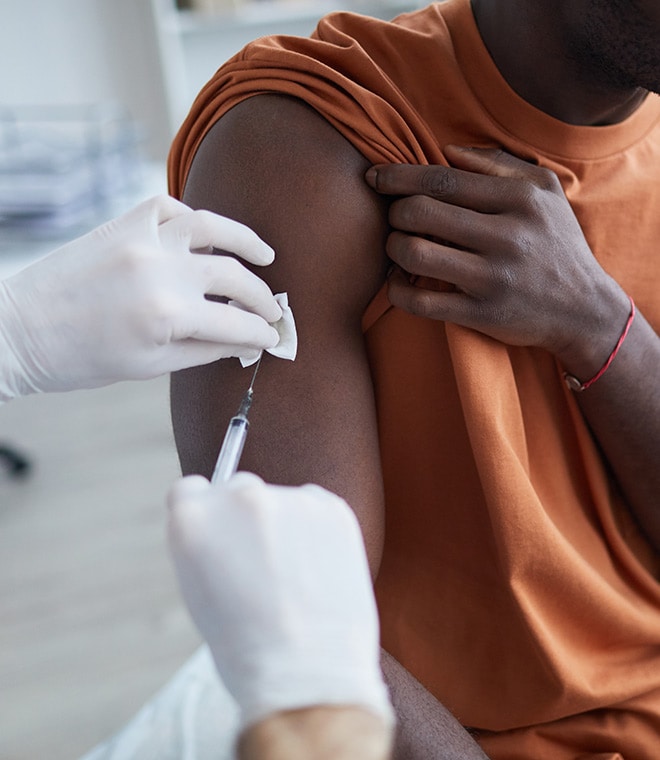Health
What is the tetanus shot?
By Andy Stergachis, PhD, BPharm Feb 24, 2025 • 5 min
The tetanus shot or vaccine helps prevent tetanus, a serious infection caused by bacteria called Clostridium tetani. Spores of these bacteria can be found in common substances in our environment, including dirt, dust and manure (i.e., material used as fertilizer). These spores can enter the body through breaks in the skin caused by cuts, insect bites, punctures, burns or sores on the skin caused by contaminated objects. Although less common, the spores can also enter the body through chronic sores and infections (such as those seen in people with diabetes) and sores caused by intravenous drug use. It’s also possible for spores to enter the body through clean wounds. This is why getting vaccinated is so important. You can schedule a vaccine appointment at Walgreens.
Once the spores enter the body, the bacteria that form produce a poison (toxin) that causes severe muscle cramping or spasms, trouble swallowing, breathing problems and, in some cases, death. While rare in the U.S., tetanus, sometimes called “lockjaw,” is a very serious, preventable disease. Because of available vaccines, tetanus is now uncommon in the United States. Nearly all cases of tetanus occur in people who have never been vaccinated or did not get all the recommended tetanus vaccinations.
What is a tetanus shot for?
The tetanus shot is the most effective way to prevent tetanus infections.
How long does a tetanus shot last?
Protection from the tetanus shot decreases over time. Adults should get a tetanus booster shot every 10 years to remain protected.
What is in a tetanus shot?
The tetanus shot is commonly combined with other vaccines to decrease the number of shots needed at one time. Different combinations of shots are used to prevent tetanus in infants, young children, school-age children and adults. The choice of vaccine is made by healthcare providers based on age and any history of a bad reaction to one or more of the tetanus shots or other vaccines. In the United States, three combination vaccines protect against tetanus and other diseases:
- DTaP vaccine: Protects children younger than age 7 from diphtheria, tetanus and pertussis (also known as whooping cough)
- Tdap vaccine: Protects preteens, teens and adults from tetanus, diphtheria and pertussis
- Td vaccine: Protects preteens, teens and adults from tetanus and diphtheria
When do kids get tetanus shots?
The Centers for Disease Control and Prevention (CDC) recommend five doses of the diphtheria, tetanus and pertussis (DTaP) shot. A tetanus, diphtheria and pertussis (Tdap) booster shot for children and preteens is also recommended as indicated below:
- 2 months: DTaP shot
- 4 months: DTaP shot
- 6 months: DTaP shot
- 15 through 18 months: DTaP shot
- 4 through 6 years: DTaP shot
- 11 to 12 years: Tdap booster shot
Who should get a tetanus shot?
The CDC recommends a tetanus shot for all infants, children, teens and adults to prevent tetanus.
Who should get a tetanus booster shot?
Adults need to get a tetanus booster shot every 10 years to stay protected. A tetanus booster shot may also be given earlier in the case of a severe and/or dirty wound or burn. Booster doses can be either Tdap or Td.
What is the tetanus shot called?
There are several types of vaccines that protect against tetanus, as well as other diseases. Infants and children younger than age 7 should receive DTaP, while older children and adults should receive Tdap and Td.
Updated by Rebeca Thomas, RN, BSN, February 2025.
Sources:




